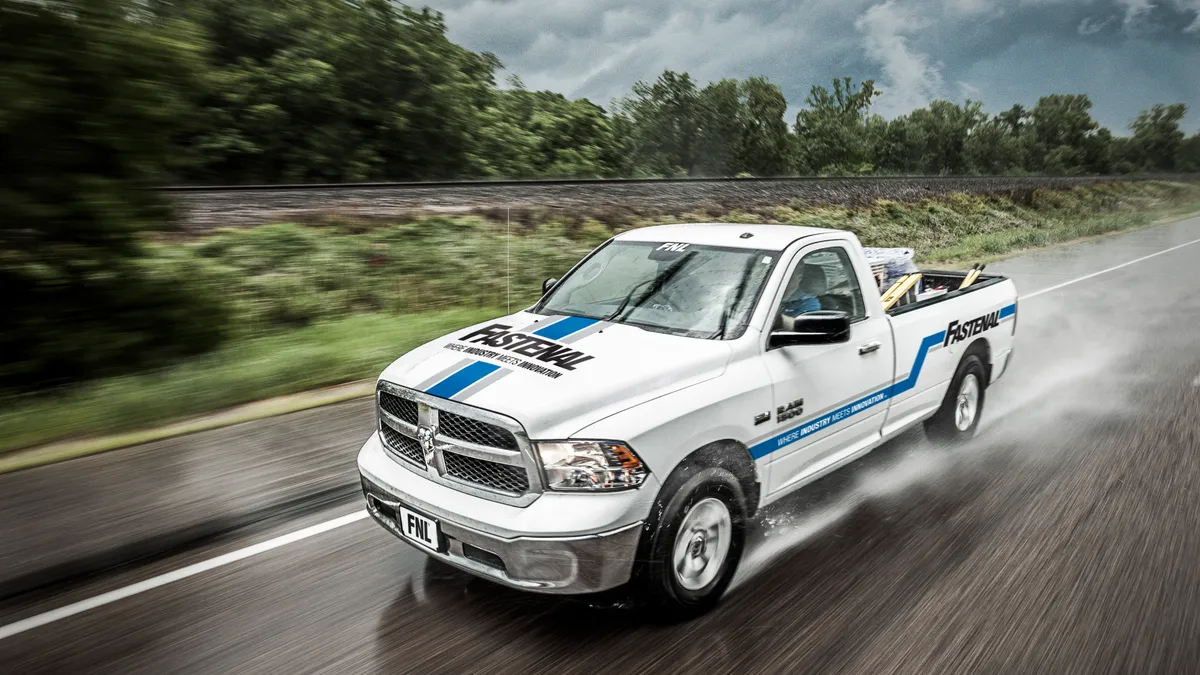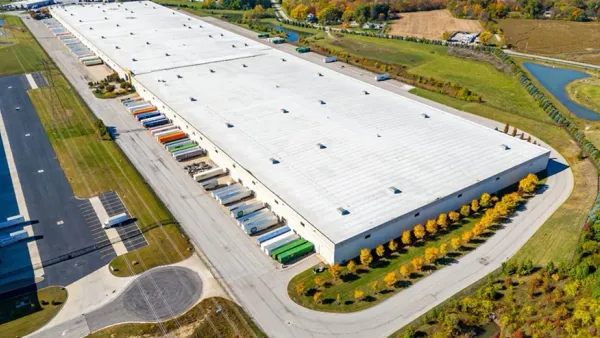When Hurricane Beryl was barreling toward the south Texas coast in early July, many businesses including Fastenal were prepared with contingencies to keep customers served and employees safe.
Fastenal’s pre-planning was put to the test when its onsite crew stationed at a Phillips 66 refining facility in Sweeny, Texas, was in the storm's path. The hurricane struck just after 2 a.m. local time and lasted about six hours in that area, CEO Daniel Florness said during a Q2 earnings call.
“Refining facilities can be demanding customers,” Florness said on the call. “If you think about what they do, it’s a facility where really bad things can happen if they’re not on their A-game, and so they need something," he added.
But the refinery wasn’t alone. The hurricane also disrupted Houston’s logistics network including maritime ports, air carriers, trucking and shipping companies. Some resumed normal operations within a few days. For example, Port Houston experienced some halts in vessel and gate operations, but resumes normal operations within a few days.
Fortunately for Fastenal, the company was prepared to function following the catastrophic event. It had established contingency plans throughout the coastline from Brownsville, Texas, to Florida for hurricane season. Regional VP Steve Diekman said some of those plans include:
- A corporate communication channel where the impacted areas can get rapid support from the company to assist customers.
-
Hurricane-specific supplies stocked in four major distribution centers (Dallas, Houston, Atlanta and Jackson, Mississippi) with items such as generators, water, dehumidifiers and MRE’s.
- Distribution teams on standby to make deliveries to the impacted areas as they are allowed. Owning its own fleet allows the company to react faster and have more flexibility.
In the case of Phillips 66’s Sweeny refinery, Fastenal has full-time onsite staff to support the company’s needs. In locations where Fastenal places its own personnel, it customizes those operations to specific customer needs, Diekman, who oversees the Texas and Louisiana areas, told Supply Chain Dive in an email.
“There is a warehouse management program in place there where we handle both planned spend items and also emergency unplanned requests as well,” Diekman said.
For Phillips 66, the program is composed of people and technology that Fastenal dedicated to the facility to manage their inventory, including during times of emergency, he added.
While Phillips 66 was the focus of how Fastenal assisted customers in the aftermath of Hurricane Beryl during its recent earnings call, the company also coped with crises at other locations that suffered wind damage, Diekman said.
“We also had numerous locations without power for 1-5 days,” Diekman said. “These sites still managed to use generators to power their computer systems, which allowed them to serve their market. I am very proud of the employees that reported to work to serve their markets when most of them did not have power at their own homes.”














